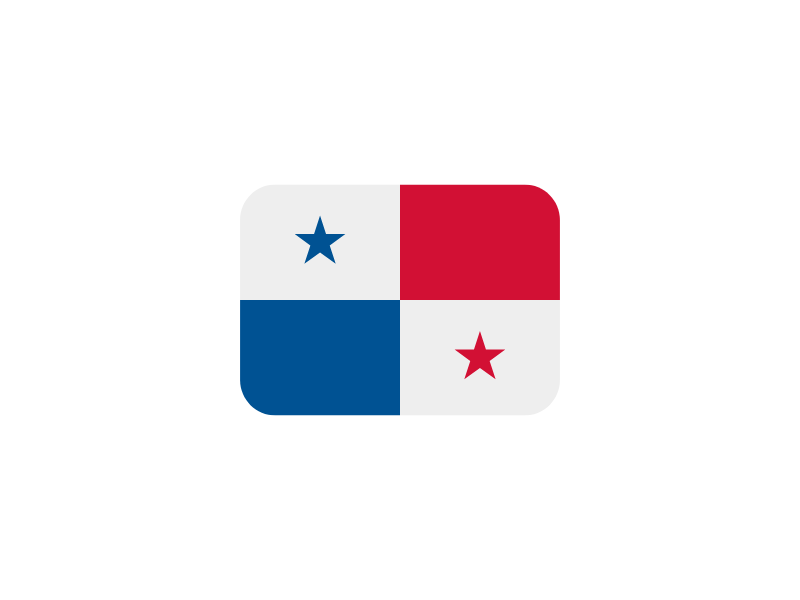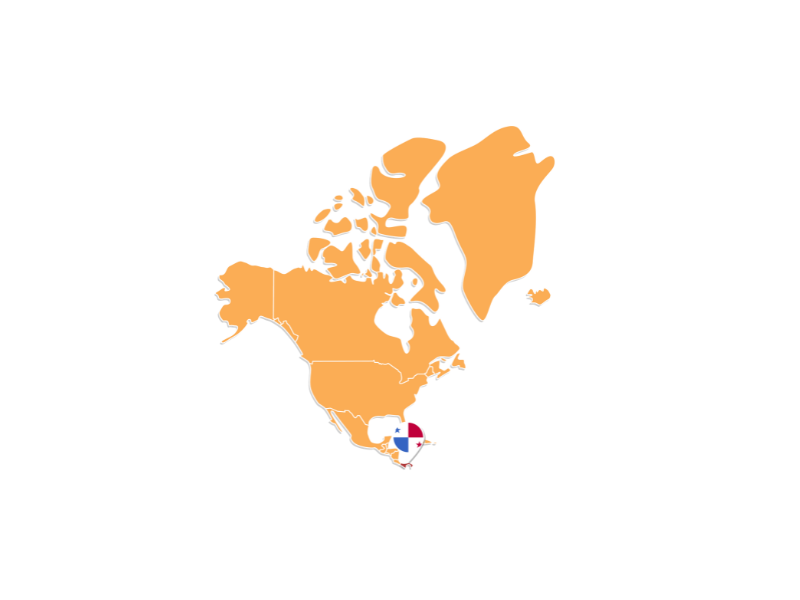Results will appear here.
There are no results for that search term.
by proverbz
NORTH AMERICA
Welcome to Panama, where adventure awaits at every turn! From the misty peaks of Volcán Barú to the sun-kissed beaches of Bocas del Toro, this vibrant country is bursting with surprises.
Spanish is the official language of Panama, introduced during the Spanish conquest in the early 16th century. After Vasco Núñez de Balboa crossed the isthmus in 1513, Spain established a colonial presence, exploiting Panama’s central location as a key link in its empire.
During the colonial period, the isthmus became a vital trade and transport route between Peru and Spain, especially via the Camino Real and later the Panama Railroad. Spanish quickly became the language of administration, religion, education, and trade.
When Panama separated from Colombia in 1903, Spanish remained the national language, and the new republic reinforced it as part of national identity. Despite U.S. influence in the Canal Zone, Spanish remained strong and unified the country linguistically. Today, it is spoken by nearly all Panamanians, including many Indigenous people who are bilingual. Browse more about the history of Panama.

Panama is home to seven Indigenous peoples, each with its own language or dialects. These languages predate colonization and are part of larger language families, such as Chibchan, Chocoan, and Isolate groups. Most use Latin script today, adapted to their phonology.
The major Indigenous languages include:
These languages often differ significantly in grammar and vocabulary. Some, like Emberá and Wounaan, have complex verb structures and are not mutually intelligible, despite shared geography.

One amusing proverb that tickles the funny bone in Panama is “El que nace pa’ tamal, del cielo le caen las hojas” which translates to “The one who’s born to be a tamale gets the corn husks falling from the sky.”
This humorous saying pokes fun at the idea of destiny, suggesting that some individuals are destined for certain roles or tasks from birth, even if those roles seem unconventional or unexpected.
In this exploration of Panama’s cultural riches, we’ve revealed a treasury of proverbs reflecting its vibrant heritage. From the heart of its cities to the depths of its rainforests, these linguistic expressions offer glimpses into the essence of Panama. So, grab your sense of curiosity and get ready to uncover the treasures of Panama’s cultural charm!